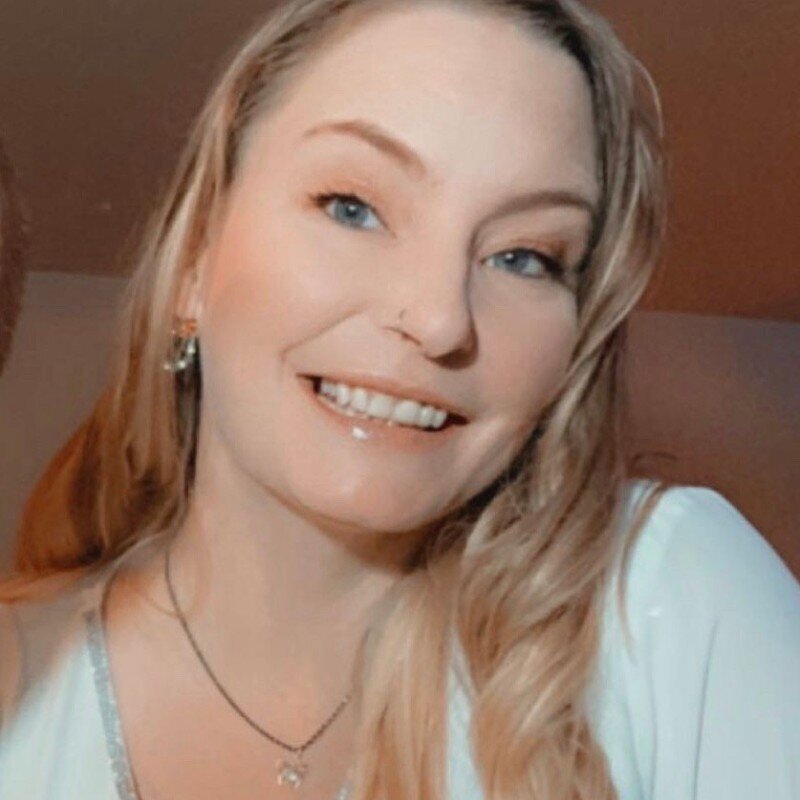Friday May 22nd at 1:30pm Pacific Time
(2:30pm Mountain Time;3:30pm Central Time; 4:30pm Eastern Time)
The Connectors Group
When I work with an individual on improving their energy and mental clarity while also addressing other mental and physical health challenges, I often ask if they have done therapy and, if so, what they learned from it.
Often the response is that they told someone their story of childhood, loss, challenges... This, of course, is important, but what did they learn?
For myself, I has seen several therapists over time. With each therapist, I was mostly unclear about what I was learning at the time; I just wanted to feel better. In retrospect, I can see that I was learning:
to tell my story and not edit out the uncomfortable moments
how to have an observational self that is not the internal critic
how to trust myself and trust others
how to set boundaries for myself and others
how to learn from my mistakes
how to talk small steps forward, rather than try to leap into what I have not experienced before
how to have hope
Recently, I was talking to my friend and colleague Dr. Jane Tornatore, who is one of the therapists that I refer out to when someone is struggling and is looking for more than “just talking” about what’s going on. I realized that part of why I enjoy referring to Jane is that she’s clear about what skills people need to learn to help their brains better integrate their experiences. Neuroscience supports that it’s this integration that helps people feel more stable and engaged in their lives.
Join us for a free discussion with Dr. Jane Tornatore about What can be learned in therapy.
Zoom Meeting Information
Click this link to join the Meeting https://zoom.us/j/95596758077 or
Dial by your location: 253 215 8782 US (Find your local number: https://zoom.us/u/abJMR7hgO8)
Meeting ID: 955 9675 8077
Note: Once you log-in to Zoom you’ll be in a “waiting room” until we begin.
Meet Dr. Jane Tornatore:
Dr. Jane Tornatore is a therapist, speaker and author based in Seattle, WA. She has been in private practice for 15 years. Her style incorporates compassion, curiosity, deep listening, and heartfelt optimism, along with powerful shots of playfulness. Jane has dedicated her career and her life to helping people love themselves and have self-compassion. She received a Master’s degree at the University of Illinois, and a PhD at the University of Minnesota. Before going into private practice, she spent two decades working in the field of Alzheimer’s, including research and working for the Alzheimer’s Association. She has authored over 20 articles and just published a book—Everything is Perfect, Just Not ME! A Roadmap for Self-Acceptance. Learn more about Jane at: doctortornatore.com
The Connectors Group consists of a wide range of individuals who are in positions to help other people navigate their lives better: mental health therapists, executive coaches, psychiatric nurse practitioners, supervisors and project managers, lawyers, teachers, and community organizers.





